A-Z of Ayurvedic Skincare Ingredients in Blue Nectar Products
Welcome to the world of Ayurvedic Skincare, where nature meets science to bring you radiant, glowing skin. Blue Nectar has curated an array of products that are rich in traditional ingredients with a modern twist. From the lush forests of India to the heart of your home, Blue Nectar brings you a line of contemporary, yet ayurvedic, skincare products that harness the power of Ayurveda to nourish and rejuvenate your skin.
With ingredients like turmeric, sandalwood, saffron, almond, mulethi, manjistha and aloe vera, these products are not only effective but also safe and gentle on your skin. Say goodbye to harsh chemicals and hello to radiant, youthful, brighter skin with Blue Nectar's Ayurvedic Skincare products.
Here is a complete list of all the ingredients (A-Z) used in Blue Nectar products. All these ingredients have been carefully chosen and specifically used in a product. Check your favourite ingredient and its benefits below:
- Almond Butter: Almond Butter is a highly nourishing ingredient for the skin. It is rich in antioxidants, vitamins, and minerals such as vitamin E, magnesium, and monounsaturated fatty acids that provide deep hydration, improve skin texture and reduce the appearance of fine lines and wrinkles. Almond Butter is also known to soothe irritated skin and help restore its natural barrier, making it an effective ingredient in ayurvedic skincare products.
- Almond Oil: Almond Oil is an excellent moisturizer for the skin. Its high concentration of fatty acids, vitamins E and K, and antioxidants helps to deeply hydrate, soothe and improve the overall health of the skin. It also helps to reduce the appearance of fine lines and dark circles, and has anti-inflammatory properties that make it ideal for treating skin irritations and conditions such as eczema. Almond Oil is lightweight, non-greasy and quickly absorbed, making it a popular ingredient in our ayurvedic skin brightening oil for all skin types.
- Aloe Vera: Aloe Vera is a versatile and highly effective ingredient for skincare. It is rich in antioxidants, enzymes, vitamins, and minerals that help to soothe, hydrate, and rejuvenate the skin. Aloe Vera is known for its ability to reduce skin inflammation, heal sunburns, and improve the appearance of fine lines and wrinkles. It also has a cooling effect on the skin and helps to maintain the skin's natural moisture barrier, making it a popular ingredient in many skincare products for all skin types.
- Amla: Amla, also known as Indian Gooseberry, is a powerful ingredient in Ayurvedic skincare. It is rich in Vitamin C, antioxidants, and anti-inflammatory compounds that help to brighten, hydrate, and protect the skin. Amla has been traditionally used to improve skin complexion, reduce the appearance of dark spots, and promote a youthful and radiant glow. It is also known to improve skin elasticity and reduce the appearance of fine lines and wrinkles. Amla is a versatile ingredient in Blue Nectar’s products, making it an excellent addition to any skincare or haircare routine.
- Anantmool: Anantmool, also known as Indian Sarsaparilla, is a highly beneficial ingredient for skincare. It is rich in antioxidants and anti-inflammatory compounds that help to soothe and protect the skin. Anantmool has been traditionally used to improve skin complexion, reduce the appearance of dark spots and blemishes, and promote a clear and radiant skin. It is also known to have astringent properties that help to tighten and firm the skin, making it an excellent ingredient in anti-aging skincare products.
- Aniseed: Aniseed is an effective ingredient in skincare for its antiseptic, antifungal, and anti-inflammatory properties. It helps to soothe and protect the skin, improve skin complexion and reduce the appearance of dark spots and blemishes.
- Ascorbic Acid (plant-derived): Plant-derived Ascorbic Acid in our ayurvedic skincare products is a powerful antioxidant for skincare. It helps to brighten skin, reduce the appearance of fine lines and wrinkles, and protect skin from environmental damage. It also boosts collagen production for firmer, youthful-looking skin.
- Ashwagandha: Ashwagandha, an Ayurvedic herb, is effective in skincare for its antioxidant and anti-inflammatory properties. It helps to reduce the appearance of fine lines and wrinkles, soothe and protect the skin, and improve skin texture for a radiant, youthful complexion.
- Baheda: Baheda, also known as Terminalia bellirica, is a relevant ingredient in Ayurvedic skincare products for its anti-inflammatory and antioxidant properties. It helps to improve skin complexion, soothe and protect the skin, and reduce the appearance of dark spots and blemishes for a clear, radiant complexion.
- Beeswax: Beeswax is a highly nourishing ingredient in skincare. It is rich in vitamins, minerals, and antioxidants that provide deep hydration, improve skin texture and reduce the appearance of fine lines and wrinkles. Beeswax has natural emollient properties that help to lock in moisture, soothe and protect the skin, and restore its natural barrier. It is also known to have anti-inflammatory and antiseptic properties that make it ideal for treating skin irritations and conditions such as eczema. Beeswax is a versatile ingredient that can be used in various forms, making it an excellent addition to any skincare routine.
- Bhringraj: Bhringraj, also known as False Daisy, is a highly effective ingredient in haircare. It is rich in antioxidants, vitamins, and minerals that help to improve hair health, reduce hair fall, and promote hair growth. Bhringraj has been traditionally used in Ayurveda to treat hair problems, such as premature graying, dandruff, and dry scalp. It is also known to strengthen hair roots, prevent split ends, and improve hair shine and luster. Bhringraj can be used in various forms, such as oil, powder, or extract, making it an excellent addition to any haircare routine.
- Brahmi Oil: Brahmi oil is a highly nourishing oil in haircare. It is made from the Brahmi herb, which is rich in antioxidants, vitamins, and minerals that promote hair health and growth. Brahmi oil has been traditionally used in Ayurveda to improve hair texture, reduce hair fall, and promote a healthy scalp. It is also known to strengthen hair roots, prevent split ends, and improve hair shine and luster. Brahmi oil is easily absorbed by the hair and scalp, making it a highly effective and versatile ingredient in haircare. Regular use of Brahmi oil can result in stronger, longer, and healthier hair.
- Cardamom: Cardamom has anti-inflammatory and antioxidant properties, making it potentially effective for skincare. It may help improve the appearance of skin by reducing redness and uneven skin tone, and promoting a brighter, smoother complexion.
- Cinnamon Oil: Cinnamon oil has antimicrobial and antioxidant properties that make it potentially effective for skincare. It may help to soothe skin irritation and reduce redness, as well as improve the appearance of fine lines and wrinkles.
- Clove Oil: Clove oil is derived from the clove plant and is believed to have antiseptic, analgesic, and anti-inflammatory properties, making it a popular ingredient for pain relieving oils. It is commonly used as a natural remedy for toothache, bad breath, and digestive issues.
- Cocoa Butter: Cocoa butter is a natural fat derived from cocoa beans that is commonly used for skincare. It is said to be rich in antioxidants and fatty acids, making it a popular ingredient for moisturizing and nourishing the skin. Some studies suggest it may help with reducing the appearance of stretch marks and scars and hence is widely used in stretch mark removal cream.
- Coconut Oil: Coconut oil is widely used for skincare and hair care due to its moisturizing properties and high concentration of medium-chain fatty acids. It is said to be effective for dry and sensitive skin, as well as for taming frizzy hair and promoting hair growth. It is important to note that coconut oil can clog pores, so it may not be suitable for every skin type.
- Coffee Beans: Coffee beans contain caffeine, which has antioxidant and anti-inflammatory properties, making them a popular ingredient in skincare products. The caffeine in coffee is said to improve blood circulation and reduce puffiness and dark circles under the eyes.
- Daffodil: Daffodils, also known as Narcissus, are popular spring-blooming flowers with a long history of use in traditional medicine. The bulbs of some species contain lycorine, an alkaloid with potential antispasmodic and anti-inflammatory effects.
- Dhanwantram Tailam (Devtvakadi): Dhanwantaram Tailam, also known as Devadarvakadi, is a traditional Ayurvedic oil used for body massage and skincare. It is said to have pain-relieving, anti-inflammatory, and rejuvenating properties. Some studies suggest it may have potential benefits for conditions such as osteoarthritis and sciatica.
- Eucalyptus Oil: Eucalyptus oil is derived from the leaves of the eucalyptus tree and is used for its potential medicinal properties. It is said to have antiseptic, anti-inflammatory, and decongestant effects, making it a popular natural remedy for respiratory conditions and muscle pain. Some studies suggest it may also have antimicrobial properties.
- Flaxseed Oil: Flaxseed oil is derived from the seeds of the flax plant and is a rich source of alpha-linolenic acid (ALA), an essential omega-3 fatty acid. It is said to have potential benefits for heart health, inflammation, and skin and joint health.
- Gajar Beej: Gajar Beej, also known as carrot seed, is the dried seed of the wild carrot plant. It is high in beta-carotene and its antioxidant properties increases cell turnover and brightens skin. In traditional medicine, it is used for its potential health benefits, including as a diuretic, digestive aid, and for improving skin health.
- Ghee: Ghee is a type of clarified butter, made by removing the milk solids and water from butter, resulting in a rich, flavorful oil with a high smoke point. Some studies suggest that ghee has potential health benefits, including improving heart health and reducing inflammation. It has been used traditionally for massaging babies and improving skin’s texture. It has moisturising and hydrating properties and is a also used for chapped lips.
- Giloy: Giloy, also known as Tinospora Cordifolia, is an ayurvedic herb commonly used in Ayurvedic medicine for its potential health benefits. It is said to have immunomodulatory, antioxidant, and anti-inflammatory effects, and is used to treat a variety of conditions, including fever, diabetes, and skin problems. It reduces the signs of aging and also protects skin from sun damage.
- Ginger: Ginger is a root commonly used in cooking and traditional medicine. Some studies suggest that it has potential benefits for hair health, including promoting hair growth and reducing hair loss. This is due to its antioxidant and anti-inflammatory properties, which can help to protect the scalp and hair from damage.
- Glycerine: Glycerin, also known as glycerol, is a colorless and odorless liquid that is commonly used in ayurvedic skincare products for its moisturizing properties. It works by attracting and retaining water in the skin, helping to prevent dryness and improve skin's overall hydration. Some studies suggest that glycerin may also have potential anti-inflammatory and skin-soothing effects.
- Green Apple: Green apples contain antioxidants and vitamins that are beneficial for the skin, such as Vitamin C and A. These nutrients can help protect the skin from damage, boost collagen production, and promote a youthful complexion. Regular consumption and topical application of green apple products can lead to healthier, smoother and brighter skin, free of dark spots and pigmentation.
- Green Tea: Green tea is rich in antioxidants and has anti-inflammatory properties, making it a popular ingredient in skincare and haircare products. When applied topically, green tea can help soothe and protect the skin, improve hair health, and reduce dandruff. Drinking green tea can also promote overall health, which can lead to better skin and hair.
- Gulab Ark: Gulab Ark, also known as Rose Water, is a popular ingredient in skincare due to its soothing and hydrating properties. It contains antioxidants and anti-inflammatory agents that can help calm irritated skin and reduce redness. It also has astringent properties, which can help tighten pores and balance the skin's pH levels. Regular use of Gulab Ark can lead to smoother, brighter and more radiant skin.
- Harad: Haritaki, also known as Harad, is a fruit commonly used in Ayurvedic medicine for its numerous health benefits. It is believed to have a positive effect on digestive health, promotes weight loss, improves heart health, boosts immunity, and have anti-inflammatory and antioxidant properties. It is used in slimming oils and massage oils due to its detox properties.
- Hibiscus / Gudhal: Hibiscus and Gudhal (also known as hibiscus flower) are used in traditional hair care for their potential benefits for hair health. It is believed to improve hair growth, reduce hair fall, add shine and volume to hair, and control dandruff. Some studies have shown hibiscus to have hair growth-promoting effects.
- Honey: Honey has been used in skincare for centuries due to its potential benefits for the skin. It is believed to have antibacterial and anti-inflammatory properties, making it effective in treating acne and reducing redness and irritation. Honey is also a natural humectant, meaning it helps to hydrate and moisturize the skin.
- Hyaluronic Acid (Plant-derived): Plant-derived hyaluronic acid is used in skincare for its ability to hydrate and retain moisture in the skin. It is believed to have a plumping effect on fine lines and wrinkles, resulting in a more youthful appearance. Some studies have shown that plant-derived hyaluronic acid can improve skin hydration and reduce the signs of aging.
- Indigo/Neelpatra: Indigo, also known as Neelpatra, is a plant commonly used in traditional hair care. It is believed to have natural dyeing properties, making it useful for coloring hair to achieve a dark blue-black hue. Some people also use indigo for its potential benefits for hair health, including improved hair growth and reduced hair fall.
- Jaiphal: Jaiphal, also known as nutmeg, is a spice commonly used in traditional skincare. It is believed to have antibacterial and anti-inflammatory properties, making it effective in treating acne and reducing redness and irritation. Jaiphal is also thought to improve skin tone and texture, giving a more radiant appearance.
- Jasmine Oil: Jasmine oil is extracted from the jasmine flower and used in traditional hair care for its potential benefits for hair health. It is believed to improve hair growth, add shine and volume to hair, and control dandruff. Some people use jasmine oil as a natural fragrance for hair, as it has a sweet, floral scent.
- Jatamansi: Jatamansi, also known as spikenard, is a plant commonly used in traditional hair care for its potential benefits for hair health. It is believed to improve hair growth, reduce hair fall, and promote a healthy scalp. Some people also use jatamansi for its calming and relaxing properties, which can help to reduce stress-related hair loss.
- Jojoba Butter: Jojoba Butter is an effective natural ingredient used in skincare due to its ability to deeply moisturize and nourish the skin. It contains essential fatty acids and antioxidants that help soothe and protect the skin, improve skin elasticity, and reduce the appearance of fine lines and wrinkles. Jojoba Butter is non-greasy, easily absorbed, and suitable for all skin types.
- Kalonji Oil: Kalonji oil, also known as black seed oil, has been used in traditional medicine for its numerous potential health benefits such as boosting immunity, reducing inflammation, improving heart health, aiding digestion, and promoting healthy skin. It is also used for improving hair growth and hence used in hair fall control oil and hair growth oil.
- Kokum Butter: Kokum butter is a plant-based oil that is known for its moisturizing and nourishing properties. It can help hydrate dry, cracked, and irritated skin, reduce the appearance of fine lines and wrinkles, and promote a youthful, glowing complexion. It is also non-greasy, absorbs easily, and has anti-inflammatory properties, making it suitable for various skin types.
- Lavender Oil: Lavender oil has a long history of being used for its calming and relaxing effects. It has also been shown to have potential as an antiseptic and pain reliever. Some studies suggest that it may also have a positive impact on anxiety, sleep, and skin conditions. It is commonly used in aromatherapy and topical skincare products.
- Mahamanjisthadi Tailam (Kumkumadi Skin Glow Oil): Mahamanjisthadi Tailam is a traditional Ayurvedic oil used for skincare. It is believed to be effective in promoting skin health and reducing the appearance of various skin conditions such as dryness, inflammation, and scars. The oil is made from a blend of herbs and oils, which are said to nourish and hydrate the skin.
- Mahanarayanam Tailam (Devtvakadi): It is an Ayurvedic oil blend traditionally used for pain and inflammation in joints, muscles and nerves. It contains a combination of herbs and natural ingredients with anti-inflammatory, analgesic, and muscle-relaxant properties. The oil is applied externally and is believed to provide effective relief from conditions like arthritis, sciatica, and back pain.
- Malkangani: Malkangani, also known as celastrol, is a compound found in the root of the plant Tripterygium wilfordii. It is used in traditional medicine to treat inflammation and autoimmune diseases. Some studies have shown it to have anti-inflammatory and antioxidant effects.
- Manjishtha: Manjishtha is a herb commonly used in Ayurvedic medicine for skin and blood-related disorders. It is believed to have anti-inflammatory and antioxidant properties, as well as the ability to cleanse the blood and improve skin complexion.
- Mehendi: Mehendi, also known as henna, has been used for centuries as a form of body art and has been said to have cooling properties for the skin. It has also been traditionally used for nourishing hair and for naturally coloured hair.
- Multani Mitti: Multani Mitti, also known as Fuller's Earth, is a type of clay commonly used in skincare and beauty products. It is said to have absorbent properties that can help remove excess oil and impurities from the skin. It is also claimed to have soothing and anti-inflammatory effects, making it helpful for individuals with acne or other skin conditions.
- Nagkesar: Nagkesar, also known as Mesua Ferrea, is a type of tree native to Southeast Asia and is used in traditional Ayurvedic medicine. The flower and bark of the tree are said to have various medicinal properties, including being anti-inflammatory, antibacterial, and antifungal.
- Olive Oil: Olive oil is a staple in the Mediterranean diet and is known for its high content of monounsaturated fats and antioxidants. Topically, it is also used for skin and hair care, due to its moisturizing properties.
- Orange Peel Oil: Orange peel oil is derived from the peel of the citrus fruit and is used for its fragrant aroma in perfumes and cosmetics. It is also used in traditional medicine for its claimed benefits, including being anti-inflammatory, antibacterial, and as an antidepressant. It helps in reducing skin inflammation and promoting wound healing.
- Patchouli: Patchouli is a type of plant native to Southeast Asia and is used in perfumes and other fragrances for its strong, musky aroma. In aromatherapy, it is used for its claimed calming and grounding effects, and is believed to help with anxiety and stress.
- Rosemary: Rosemary is an herb commonly used in cooking and for its fragrant aroma. It has been used in traditional medicine for its claimed benefits, including being an anti-inflammatory, antiseptic, and for improving memory and concentration. Rosemary oil is believed to prevent hair loss and promote new hair growth.
- Saffron: Saffron is a spice derived from the flower of the Crocus sativus plant and is known for its distinctive flavor and aroma. Traditionally, it has been used as a herb for beauty rituals and for skin brightening properties. It protects skin against UV radiation, reduces hyperpigmentation and makes skin brighter and radiant.
- Sandalwood: Sandalwood is a type of tree native to India and is used in traditional Ayurvedic medicine for its claimed benefits, including being an anti-inflammatory, antiseptic, and as a cooling agent for the skin. Sandalwood oil is used in skincare products for its moisturizing and skin brightening properties and for reducing the appearance of scars and blemishes.
- Sesame Oil: Sesame oil is used in traditional hair care for its moisturizing and nourishing properties. It is rich in antioxidants and healthy fats, which can help promote hair growth, reduce hair loss, and prevent damage from environmental stressors. Some studies suggest that it may also have potential for reducing dandruff and improving scalp health. It is also used as a base oil for body massage due to its moisturising properties.
- Shea Butter: Shea butter is a fatty oil derived from the nuts of the Shea tree, found in Africa. It is commonly used in cosmetic and personal care products for its moisturizing properties. Shea butter is rich in vitamins and fatty acids, which can help nourish and protect the skin from dryness, itching, and other skin conditions.
- Shikakai: Shikakai, also known as Acacia Concinna, is a plant native to India and is commonly used in traditional hair care. It is believed to help cleanse and nourish the scalp and hair, promoting hair growth and reducing hair loss. Some studies suggest that it may have potential for improving hair strength, shine, and manageability.
- Turmeric: Turmeric has anti-inflammatory and antioxidant properties that can benefit the skin. It may help reduce redness, brighten skin, and improve overall complexion. It is also a popular home remedy to remove tan.
- Vetiver: Vetiver is a highly effective natural ingredient with numerous benefits. It has a calming and grounding aroma, helps with stress, anxiety and insomnia. It is also used in skincare for its moisturizing properties, and in perfumes as a fixative. Vetiver oil is rich in antioxidants and has antifungal and insecticidal properties.
- Vitamin A, C and E: Vitamin A, C, and E are essential vitamins for healthy skin and hair. Vitamin A promotes cell growth and helps to reduce fine lines and wrinkles. Vitamin C is an antioxidant that helps protect against damage from UV rays and supports collagen production. Vitamin E moisturizes and improves the skin's overall appearance, while also helping to protect against damage from free radicals. These vitamins, when applied topically, can improve the texture, tone, and overall health of the skin and hair.


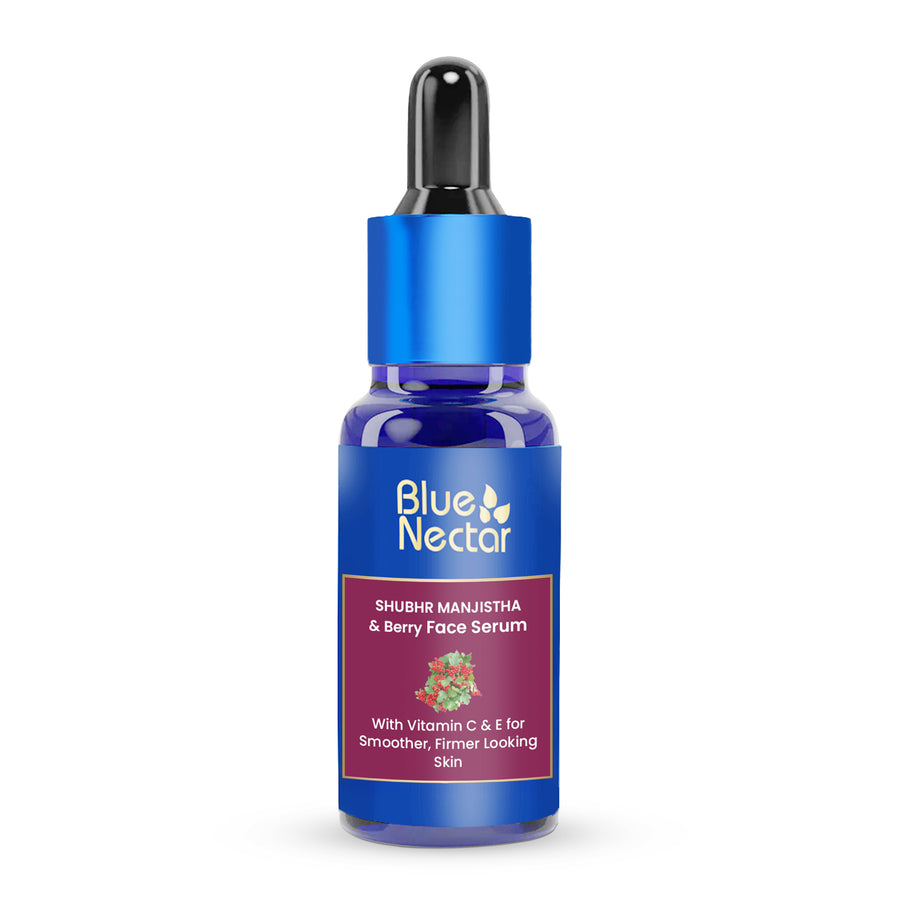
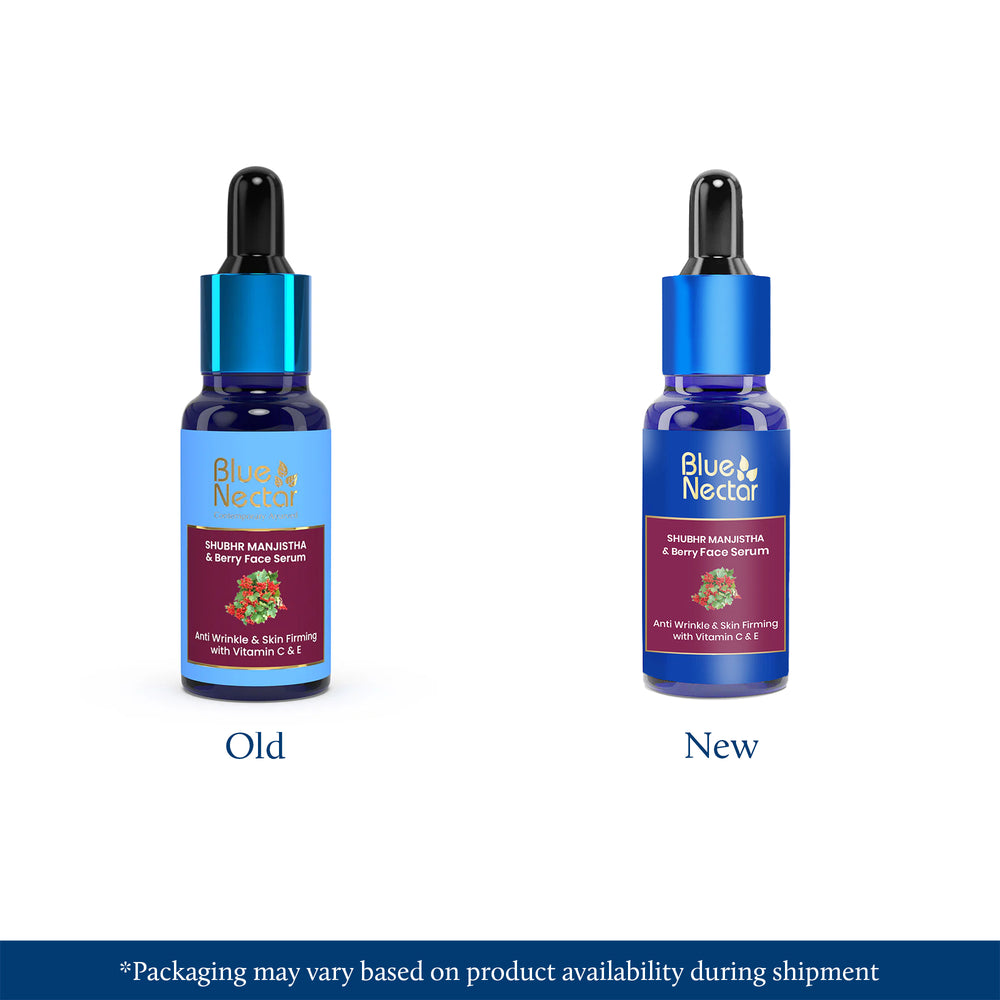
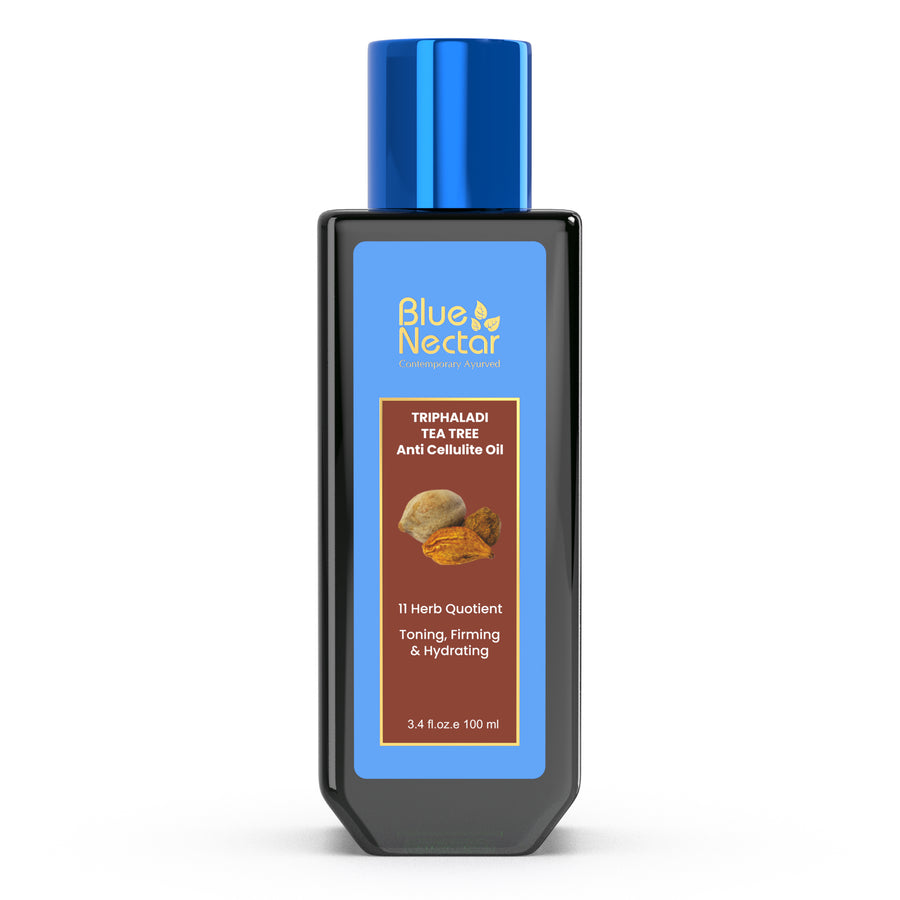
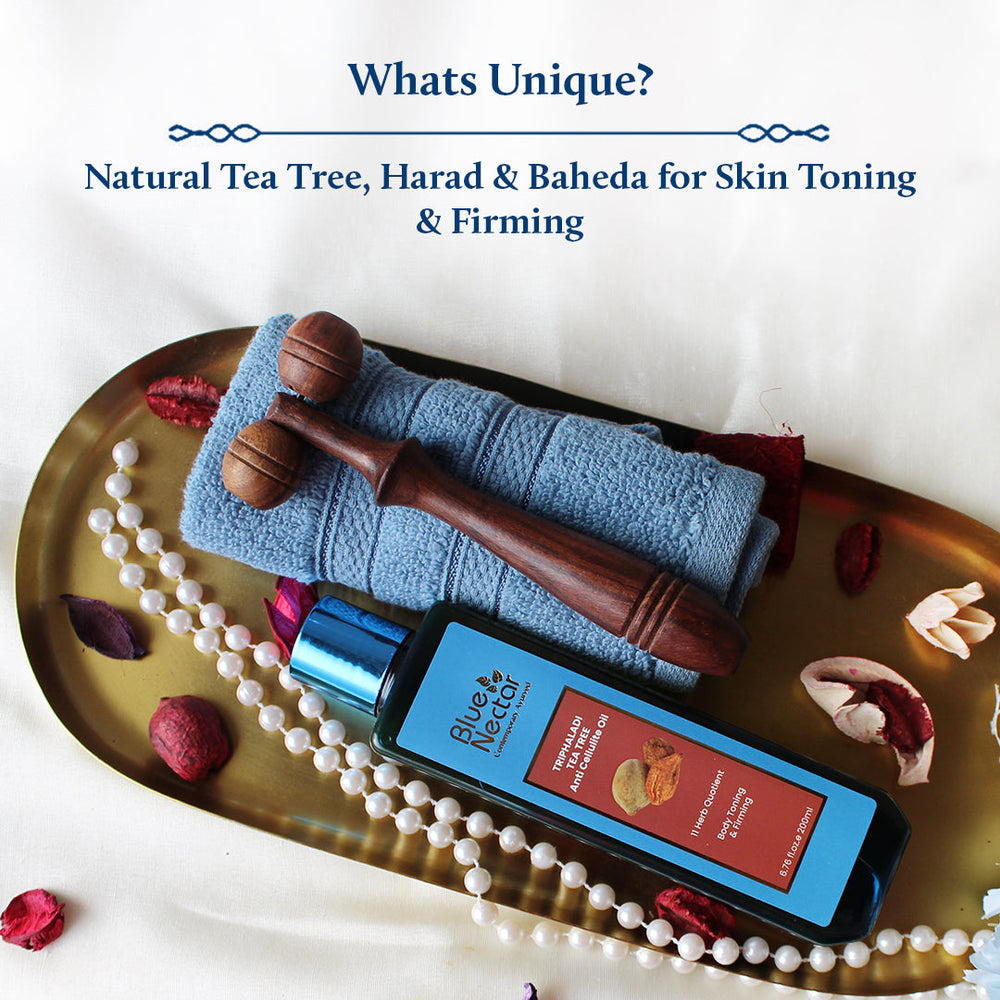
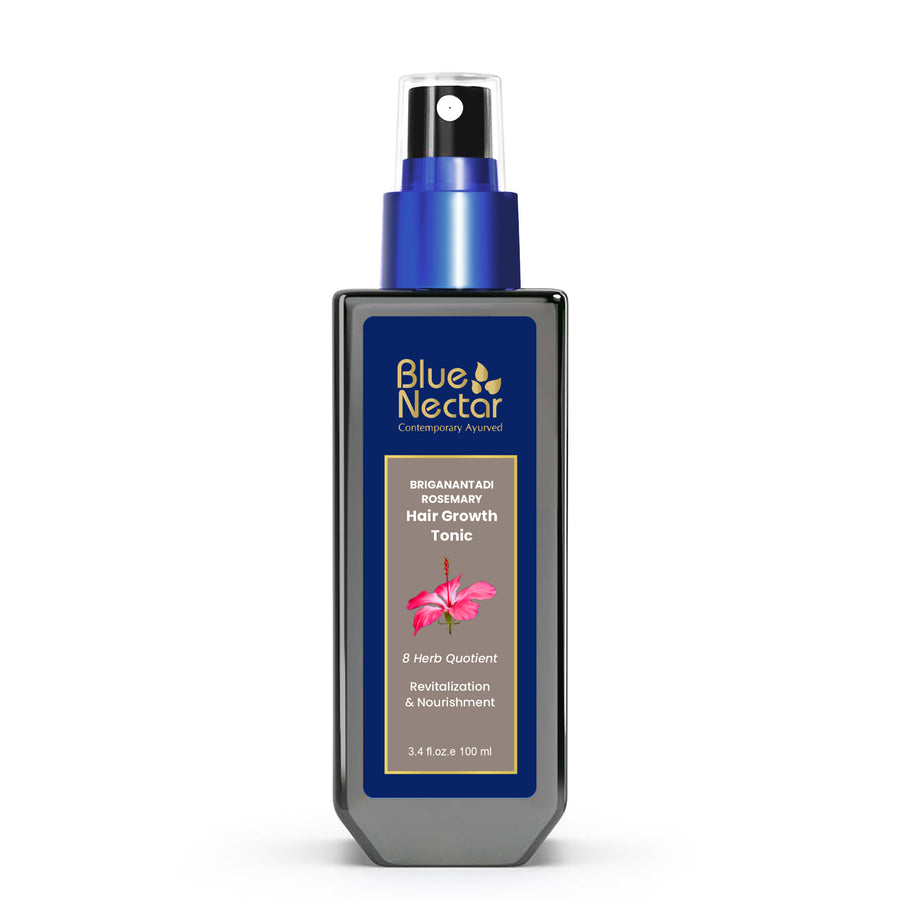
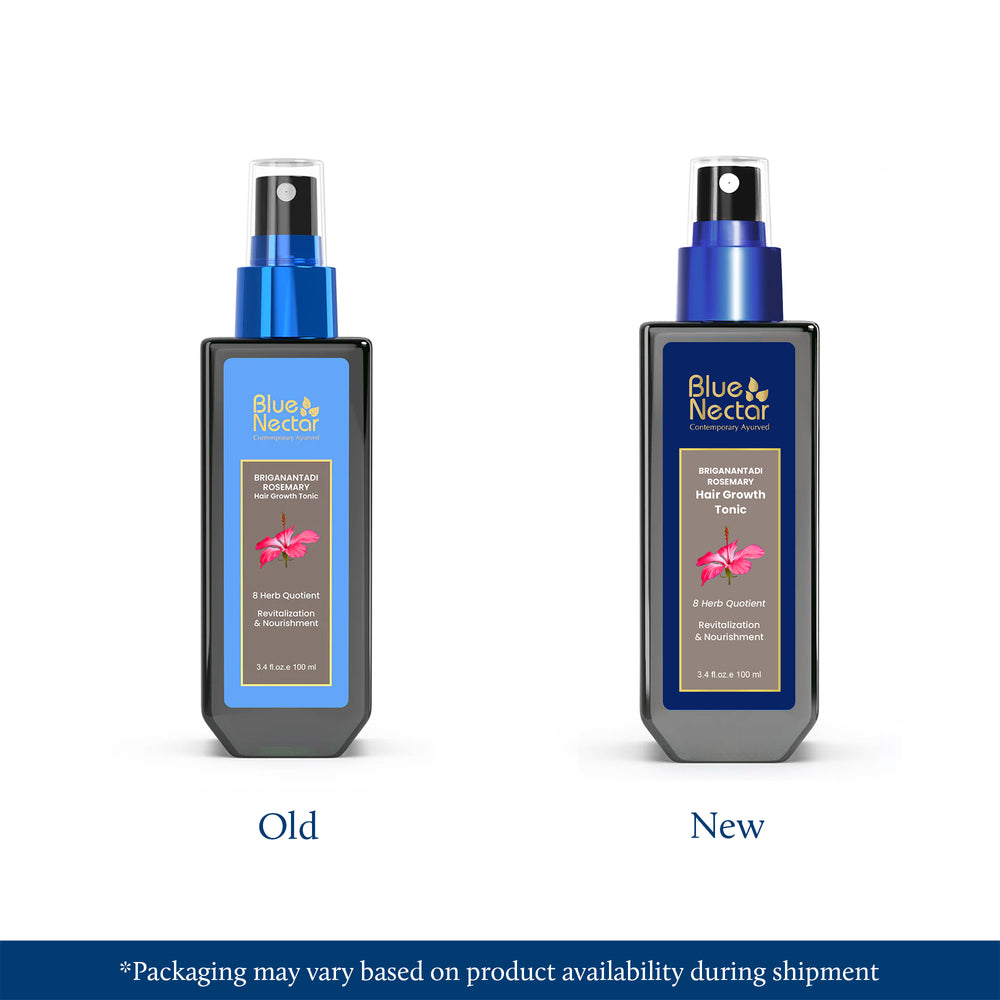
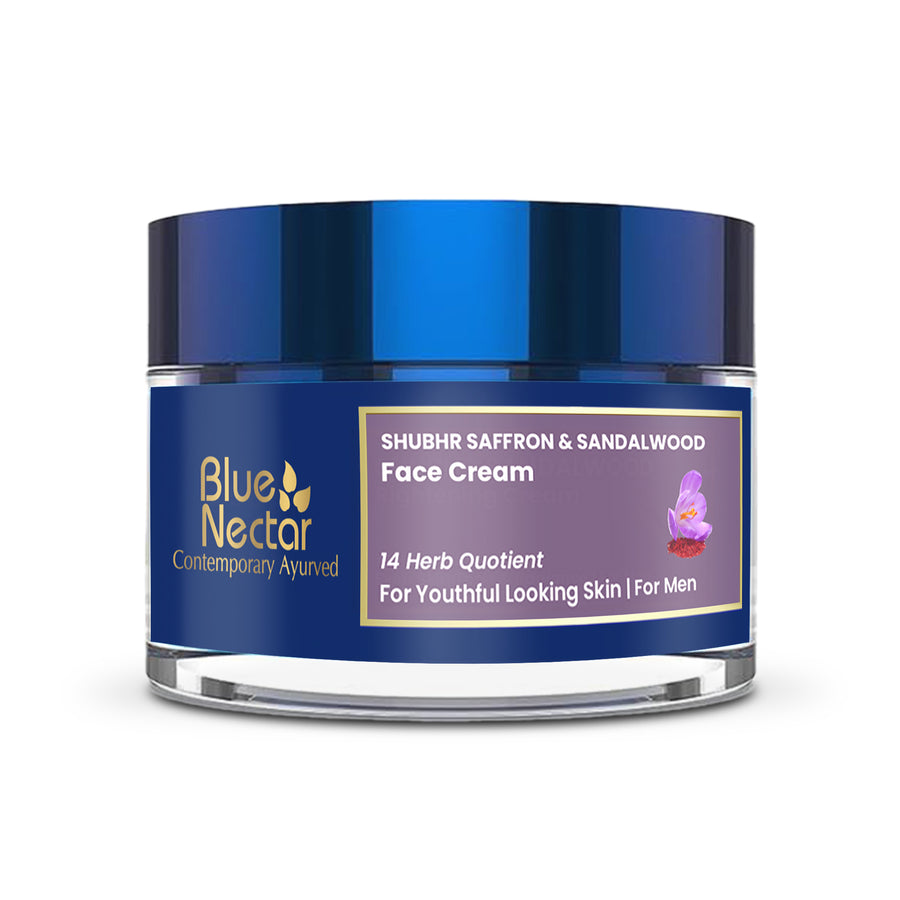
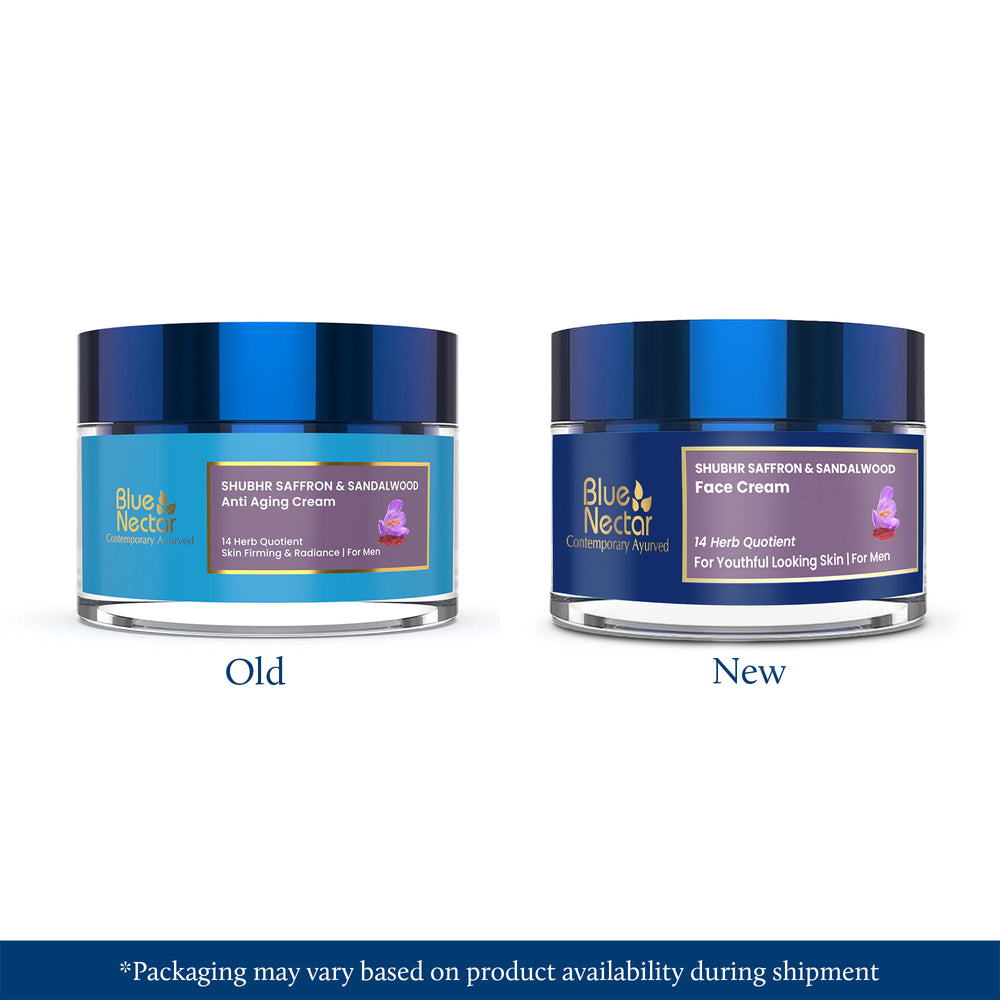
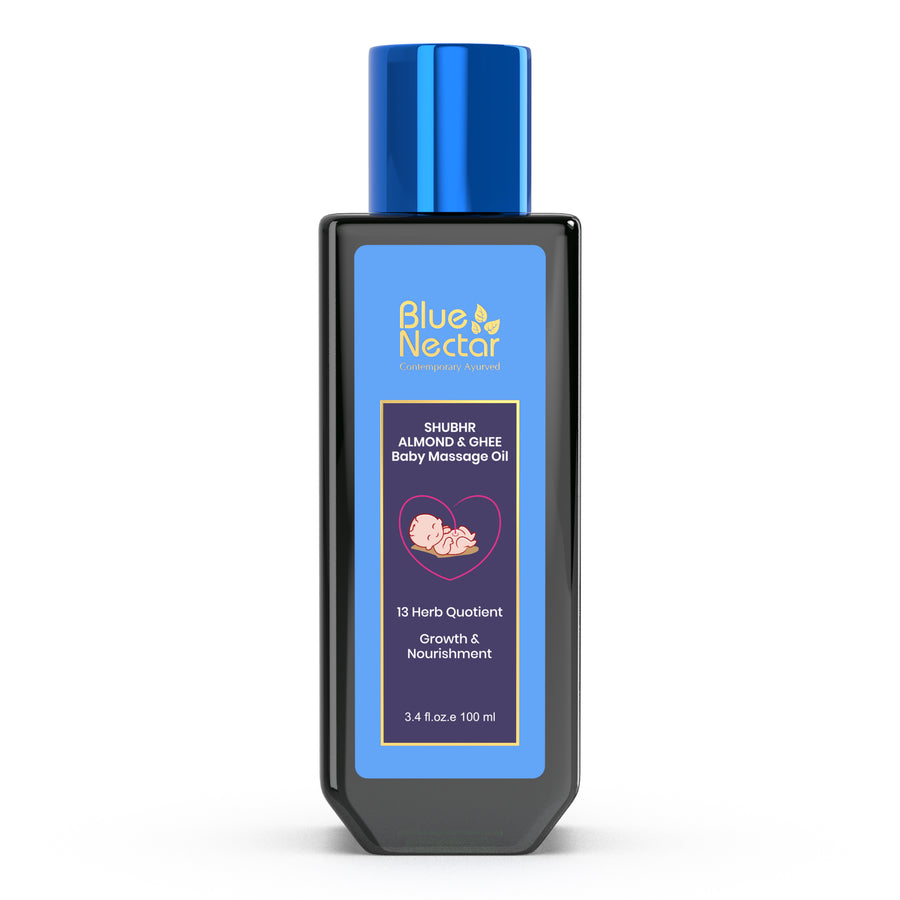
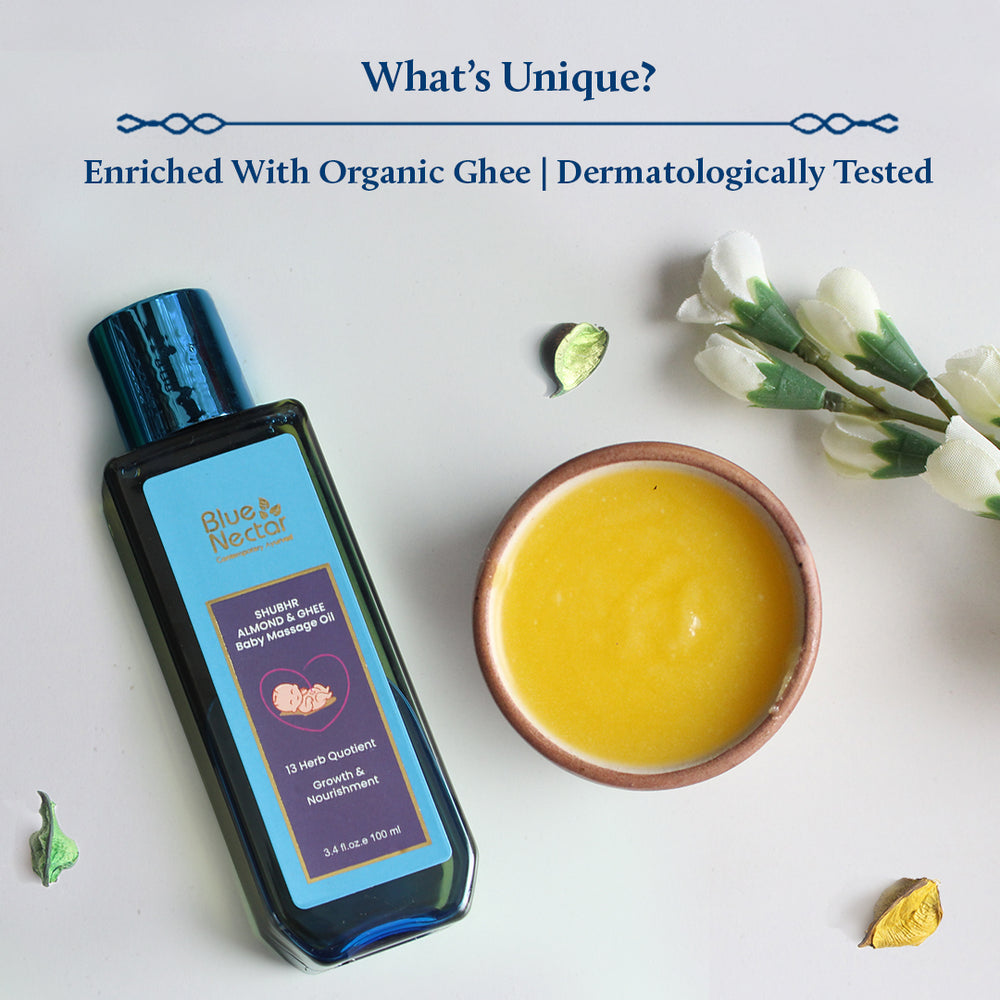
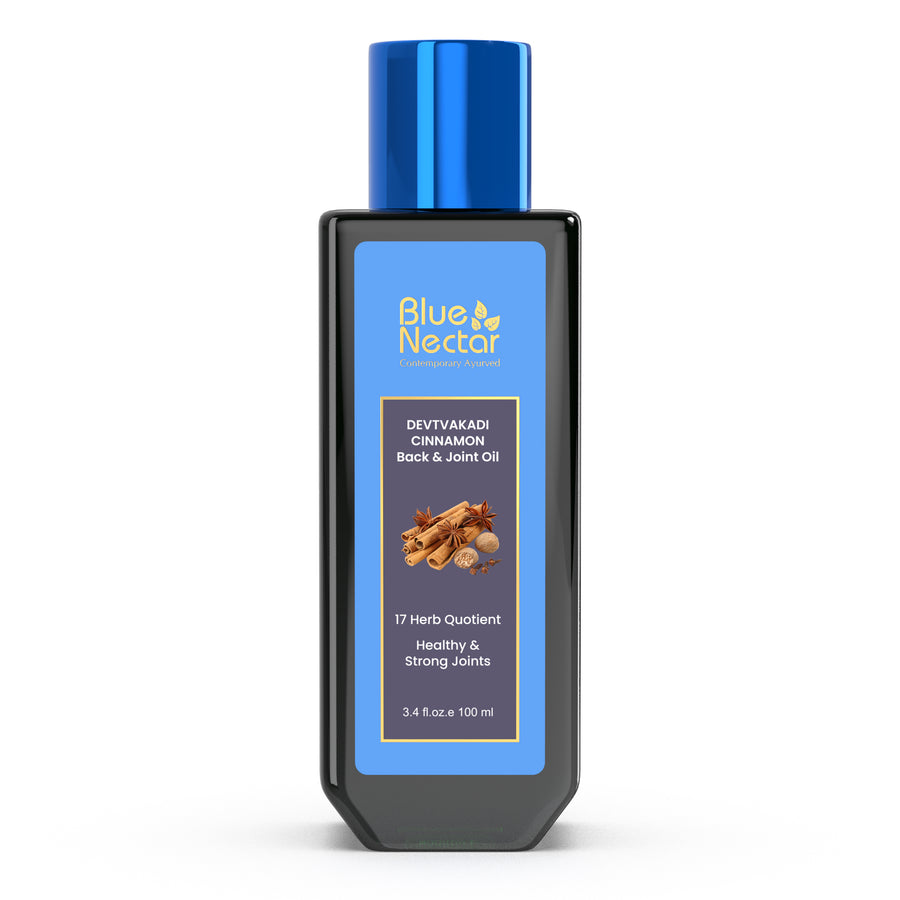
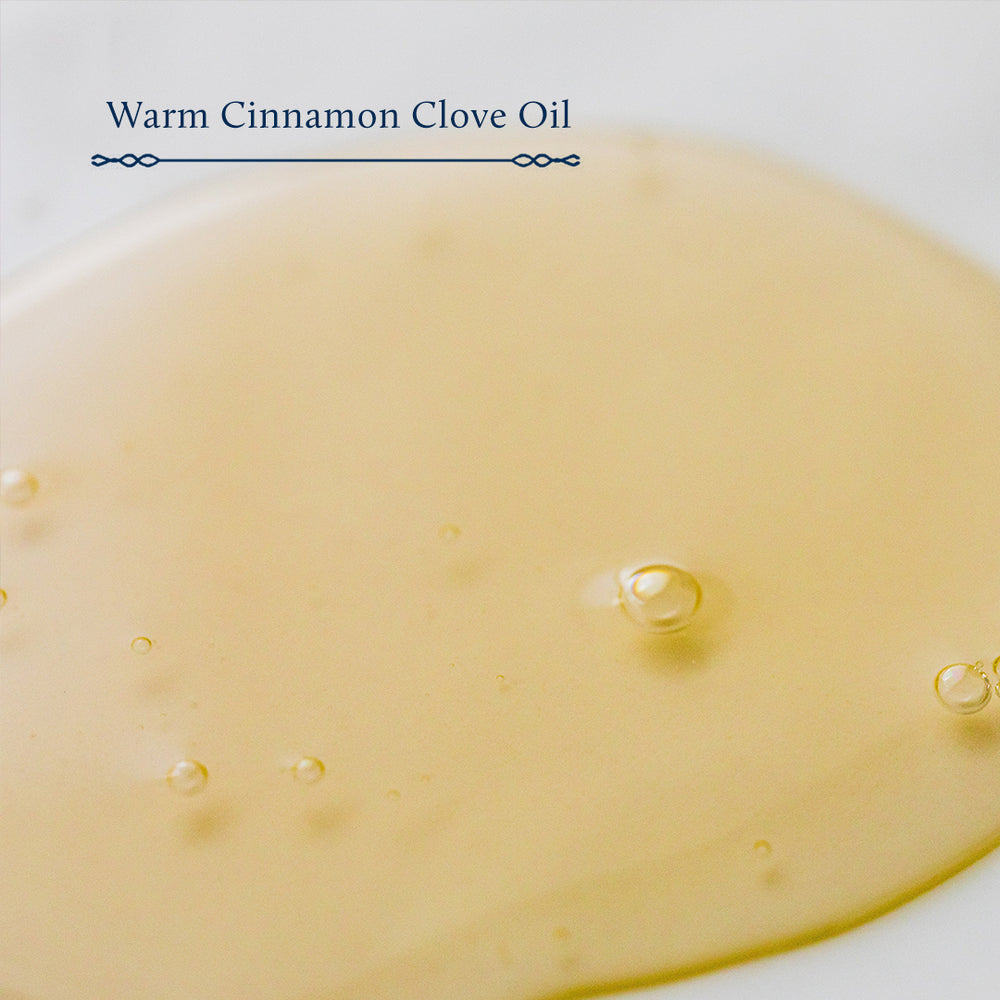
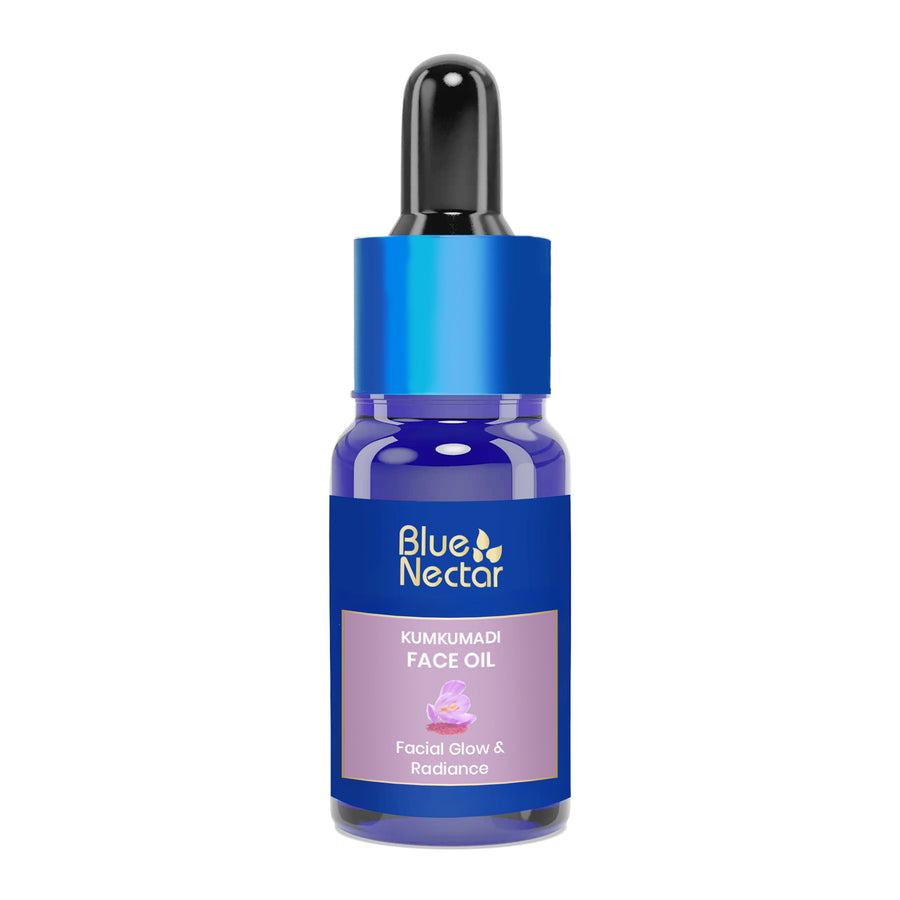
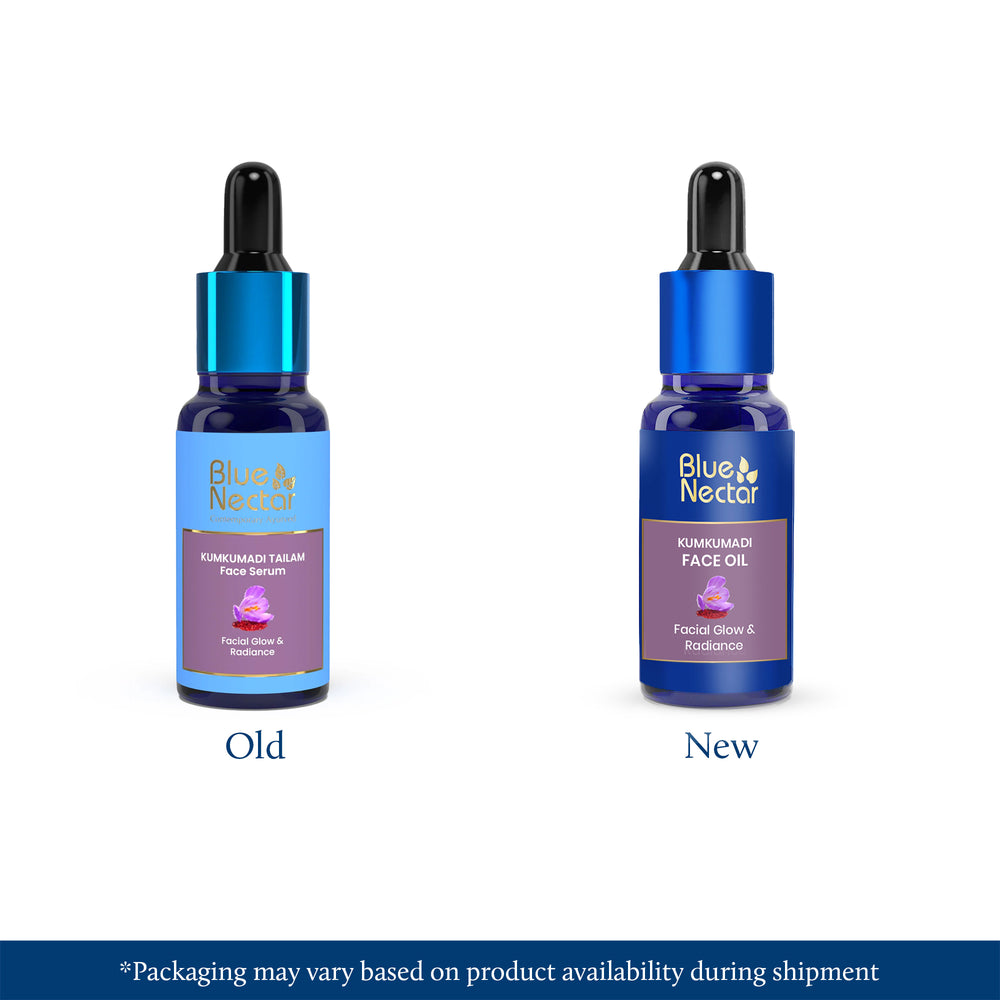
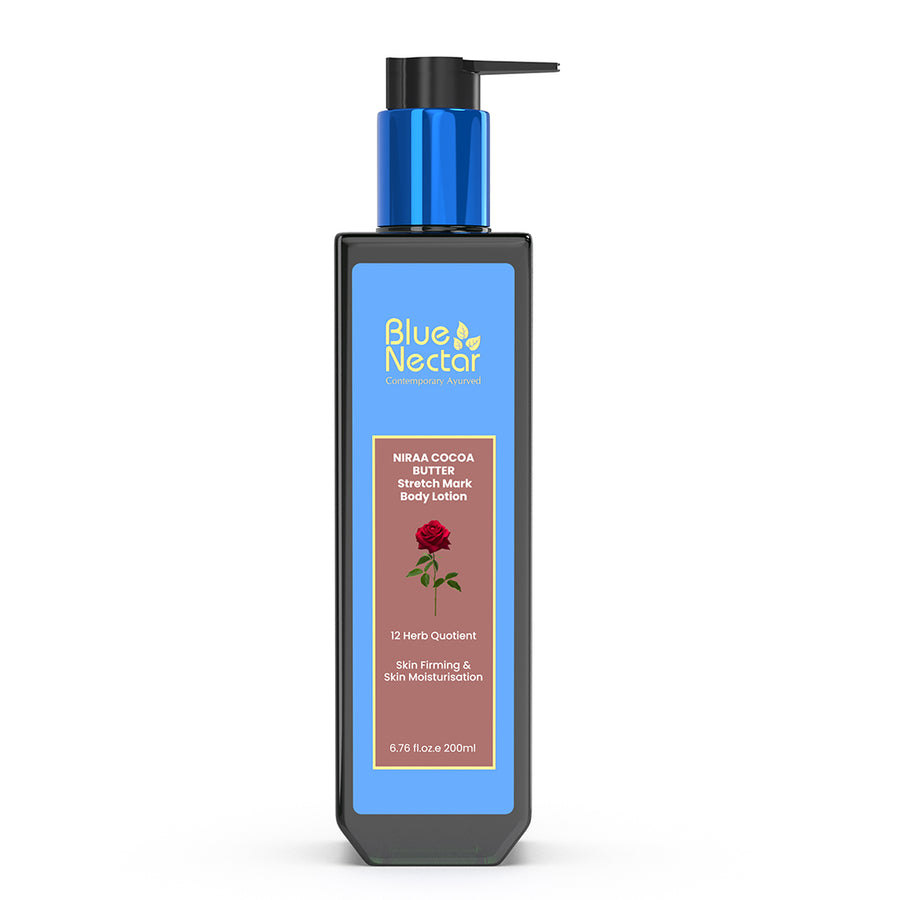
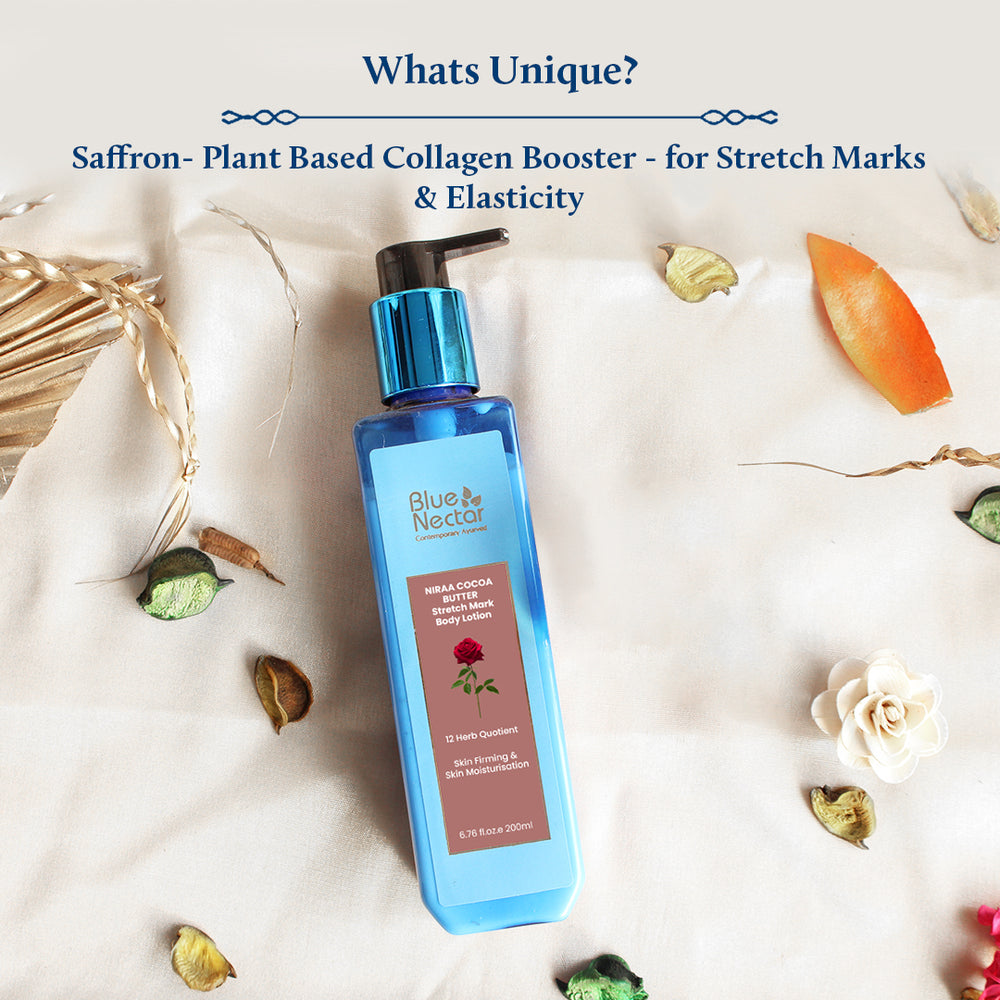
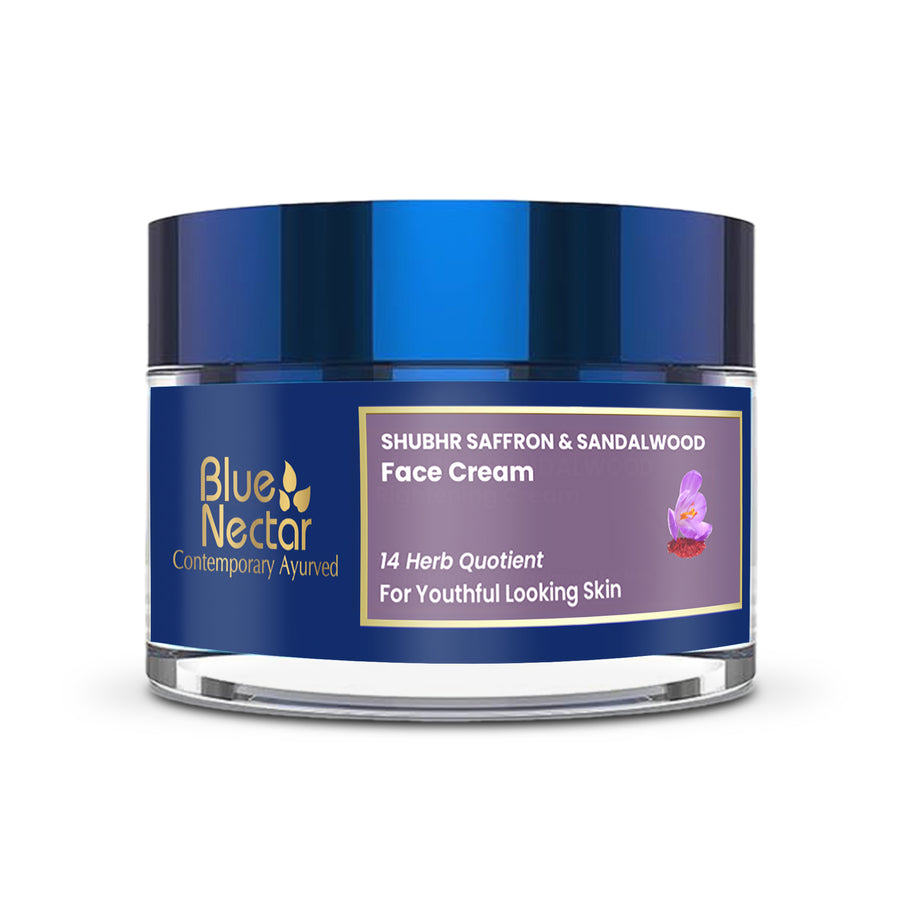
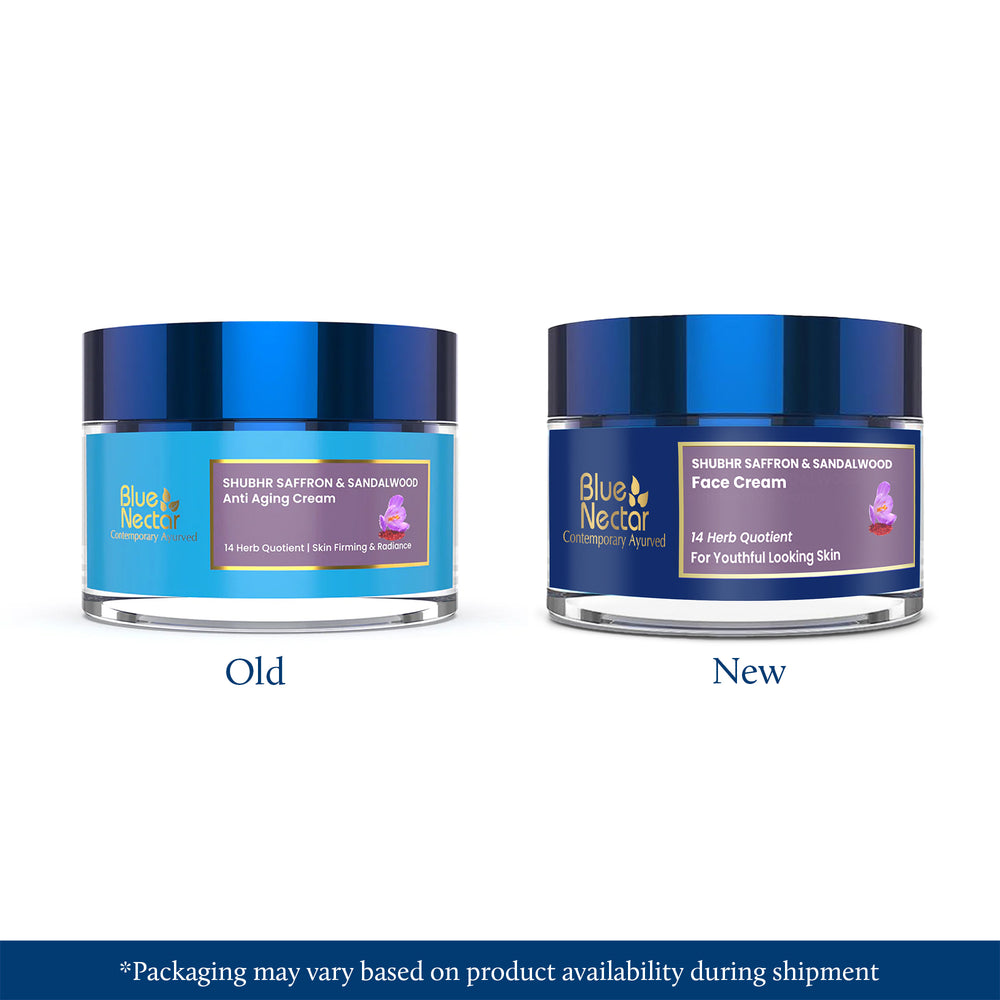
Leave a comment